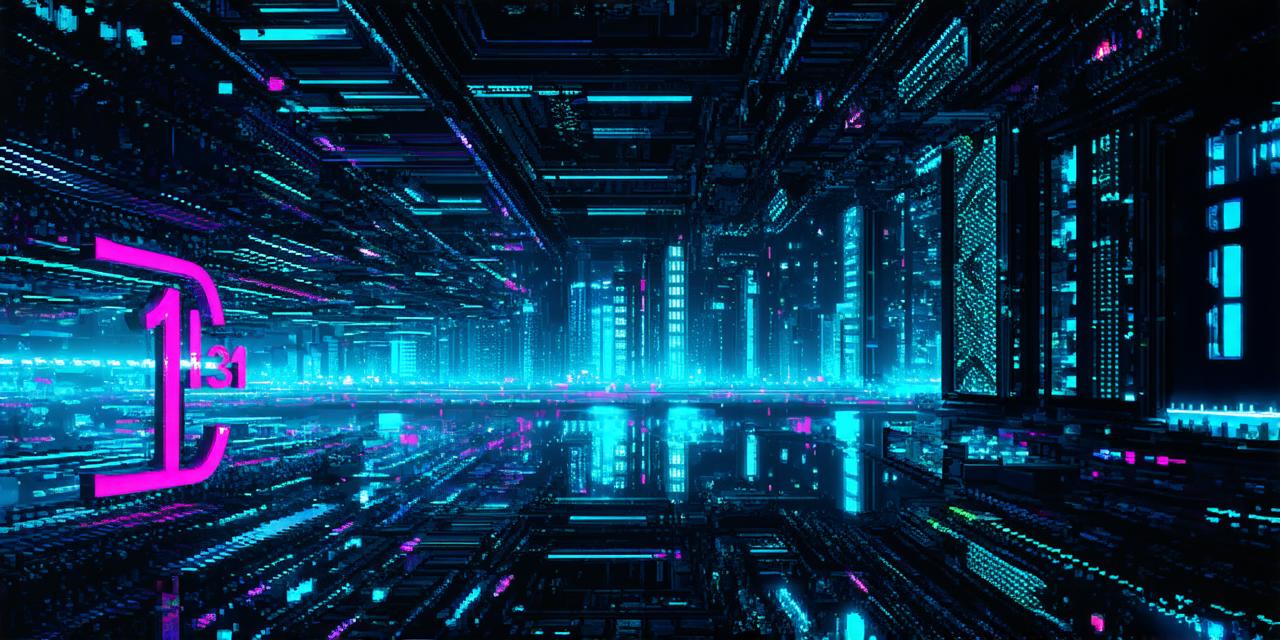Introduction
Blockchain technology is transforming the gaming industry by providing players with a more secure and decentralized way to play games. With the rise of blockchain games, developers have new opportunities to create innovative games that are more engaging and rewarding for players. In this article, we will explore the meaning of blockchain games and discuss how developers can take advantage of this technology to build better games.

What are Blockchain Games?
Blockchain games are digital games that use blockchain technology to provide players with a secure and transparent way to play games. Unlike traditional games that rely on centralized servers, blockchain games use a decentralized network to manage game transactions. This means that players have more control over their in-game assets and can trust that their transactions are secure.
Case Studies: Real-World Examples of Blockchain Games
1. CryptoKitties
CryptoKitties is one of the most popular blockchain games in the world. The game allows players to collect and breed digital cats that are stored on a blockchain. These cats can be bought, sold, and traded on the open market. The game has generated millions of dollars in revenue for its developers and has attracted a loyal community of players.
2. Axie Infinity
Axie Infinity is another popular blockchain game that has gained traction in recent years. The game allows players to collect and battle mythical creatures known as “axies” on a blockchain. Players can buy, sell, and trade their axies on the open market, creating a new revenue stream for developers.
How Blockchain Games Work
Blockchain games work by using smart contracts to manage game transactions. Smart contracts are self-executing contracts with the terms of the agreement between buyer and seller being directly written into lines of code. They provide a secure and transparent way to manage game assets, such as in-game items or tokens, without the need for centralized authorities. Blockchain games also use cryptocurrencies to facilitate transactions. Players can buy and sell game assets using cryptocurrency, creating new revenue streams for developers and incentivizing players to invest in the game.
Benefits of Blockchain Games for Developers
1. Ownership and Trading
With blockchain technology, players own their in-game assets and can trade them on the open market. This creates a new revenue stream for developers and encourages players to invest in the game.
2. Trust and Immersive Gaming Experience
Blockchain technology enables players to trust each other without the need for centralized authorities. This creates a more immersive and engaging gaming experience for players.
3. Security and Transparency
Blockchain technology provides a secure and transparent way to manage game transactions. This reduces fraud and ensures that players can trust their in-game assets.
4. New Revenue Streams
With blockchain games, developers have the opportunity to generate new revenue streams through ownership and trading of in-game assets.
Summary
Blockchain technology is transforming the gaming industry by providing players with a more secure and decentralized way to play games. With the rise of blockchain games, developers have new opportunities to create innovative games that are more engaging and rewarding for players. By understanding the meaning of blockchain games and how they work, developers can take advantage of this technology to build better games. The future of gaming is bright with blockchain technology, and we can expect to see many exciting developments in this space in the years to come.
FAQs
1. What are blockchain games?
Blockchain games are digital games that use blockchain technology to provide players with a secure and transparent way to play games.
2. How do blockchain games work?
Blockchain games work by using smart contracts to manage game transactions. They also use cryptocurrencies to facilitate transactions.
3. What are the benefits of blockchain games for developers?
The benefits of blockchain games for developers include ownership and trading, trust and immersive gaming experience, security and transparency, and new revenue streams.
